The least educated African presidents have this downgrade that some African leaders’ low education history may be linked to the current bad governance on the continent. Most nations with incompetent leadership are a sign of this. The acknowledgment that leaders must be intellectually competent in today’s society is paramount. Knowledge and schooling are the cornerstones of this modern age. Many studies show that academic lawmakers are better leaders than those who are illiterate.
Highly trained leaders will rapidly bring success to their country. Conversely, not all African leaders have attained education. Few of them have certificates or diploma qualifications. It would stun you to discover that some of them do not have any form of education. How, then, do they lead a nation of both educated and uneducated people? Check out this list of the least educated African presidents.
Dennis Sassou-Nguesso (Republic of Congo)
Denis Sassou-Nguesso is the Republic of Congo president, and he has been since 25 October 1997. He went to school at a Dolisie teacher’s college. He subsequently got basic instruction between 1961 and 1963 in the Cherchell officers’ schools in Algeria and the Infantry Academy in France.
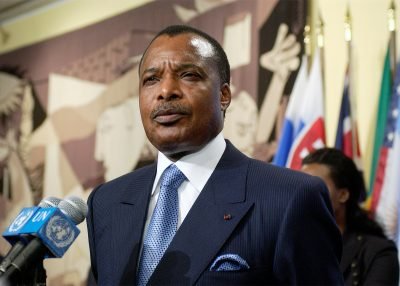
Omar al-Bashir (Sudan)
The President of Sudan is Omar al-Bashir. He completed his primary education in central-northern Sudan and enrolled in the Sudanese military in 1960. Omar later studied at the Cairo Academy of Egyptian Military. He rose rapidly and became an officer for paratroops and soon became the president of Sudan.
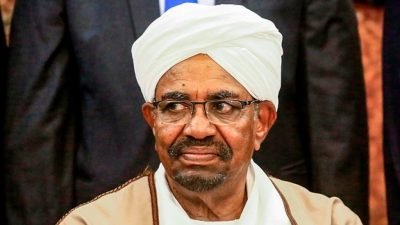
Salva Kiir Mayardit (South Sudan)
Salva Kiir Mayardit is South Sudan’s president. Because of the hostile condition in South Sudan, Salva Kiir did not finish his education. He quit school and entered the uprising movement in Anya-Anya. After the Addis Ababa Peace Deal, Kiir then joined the Sudanese Armed Forces. Ultimately, after Dr. John Garang died in a helicopter accident, Salva Kiir rose to lead the SPLM’s militant group.
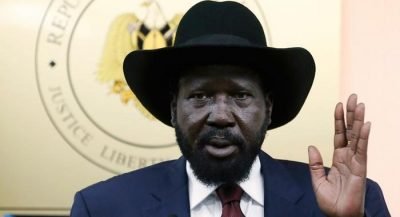
Ismail Omar Guelleh (Djibouti)
The President of Djibouti is Ismail Omar Guelleh. Born and raised in Dawa, Ethiopia, Ismail Omar Guelleh went to a traditional Islamic school while he was very young. His tribe, the Issa clan, was a politically influential clan. He moved to Djibouti before completing his high school education in the 1960s. He eventually entered the police service in the position of a junior non-commissioned soldier.
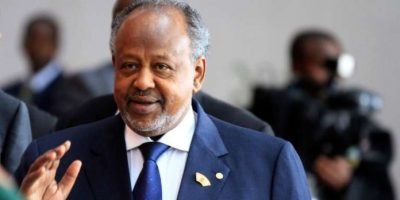
He later became private police chief and a cabinet commander. In 1999, they voted Guelleh president. He received training from the National Security of Somalia and the French Secret Service. His best-recognized qualification in official education was secondary education.
Paul Kagame (Rwanda)
As of 24 March 2000, Paul Kagame has been President of Rwanda. He was born in a Tutsi family, southern Rwanda. At two, his family fled from Rwanda to Uganda. He spent his infancy in Uganda. In a school near a homeless shelter, Paul Kagame started his primary schooling, joining other migrants to study English. Later, he went to Rwegoro Primary School, where he completed the highest qualifications.
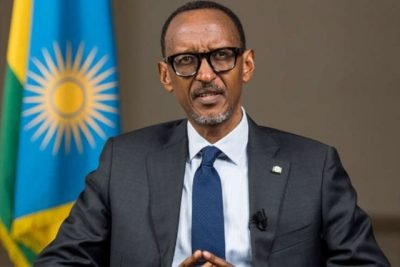
He later joined Ntare Boys’ Secondary School and was expelled because of his inclination to fight those who talked ill about the Rwandan people. He experienced a significant drop in his studies in the early 1970s when he lost his father. He eventually finished his studies with no distinction at Old Kampala Secondary School and did not get any higher education. That was the culmination of his involvement in education.
Muhammadu Buhari (Nigeria)
Nigeria’s President is Muhammadu Buhari. After assuming the presidency in a military coup d’état, he retired as a major Nigerian Army general. Buhari went to a primary school in Daura and Mai Adua, then moved to Katsina Secondary Provincial School (Government College, Katsina) from 1956 to 1961. He attended high school as his highest level of education.
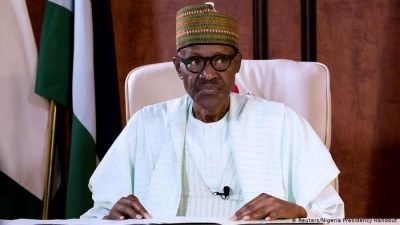
Isaias Afwerki (Eritrea)
Isaias Afwerki is Eritrea’s first president. In 1965, he graduated from Prince Makonnen High School with a high school diploma. With strong credentials, he gained admission to Haile Selassie University in the College of Engineering. He quit school and entered the Eritrean independence movement after one year of university studies.
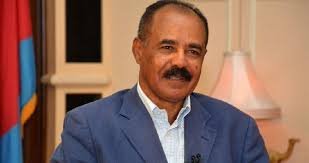
Jacob Zuma (South Africa)
Jacob Zuma was South Africa’s fourth president. There was no documented systematic schooling he could boast about since he only studied up to grade five in primary school. Jacob Zuma joined politics at a very tender age, following the example of a union activist’s relative. They voted him president of South Africa in May 2009. His illiteracy was the source of a heated debate because he was not qualified to govern the country. The least educated president worldwide is Jacob Zuma! Some claim that, because of his impoverished past, he has no schooling at all.
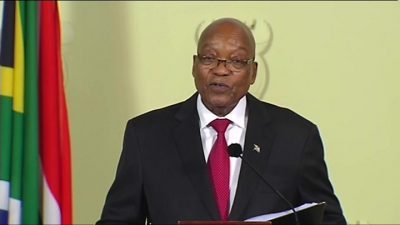
Yahya Jammeh (Gambia)
Yahya Jammeh got his primary education at St. Edwards Primary School in Bwiam and his secondary education certificate at Gambia High School in Banjul. He received his General Certificate of Education with credits and passes in particular subject areas in 1983 and later joined the Gambian National Army. In Senegal and the United States Army Academy, Yahya obtained military instruction, respectively. In 1989, he was named lieutenant and in 1992 commander of the Gambian army.
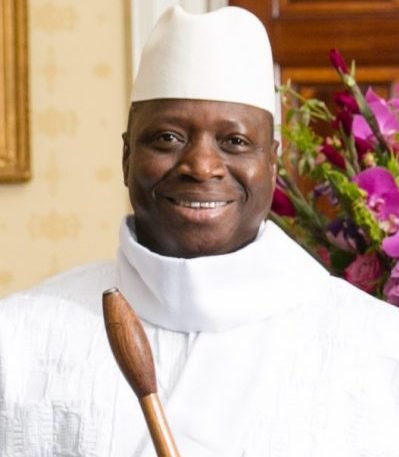
Idi Amin Dada Oumee (Uganda)
Idi Amin Dada Oumee was a Ugandan military officer who served as the President of Uganda from 1971 to 1979. Popularly known as the “Butcher of Uganda,” Idi Amin is considered one of the most brutal despots in world history. In 1941 Amin attended Bombo’s Islamic Academy. He quit school after a few years, stopping in fourth grade.
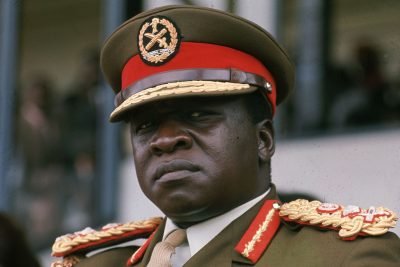
Before a British colonial Army officer hired him as a chef, Idi Amin was doing odd jobs. He became a lieutenant in the British war against rebels in Somalia and the Mau Mau rebels in Kenya. Amin stayed in the army and, in 1965, was promoted as a Major and the Uganda Army Commander. In 1971, he started a military coup and proclaimed himself president. Amin died in 2003 while in exile in Saudi Arabia.
Abdelaziz Bouteflika (Algeria)
Abdelaziz Bouteflika is president of the Republic of Algeria. He was born and raised in Oujda, where he studied in three schools: Sidi Ziane, El Hoceinia, and Abdel Moumens secondary school. He was a good scholar but did not acquire higher education because of unexplained circumstances.
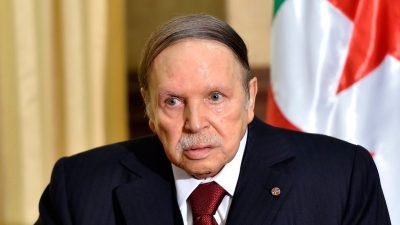
Bottom Line
If a leader doesn’t have the fundamental knowledge which is most of the time required of him, he cannot lead. An educated leader always has the ability to lead his people rather than the unlearned. Africa is such an intriguing continent, where illiterate persons can conduct a nation’s political affairs. Technology is an integral part of the need for effective leadership in this mediation of industrial development. The question remains, can an uneducated person lead millions of informed people effectively?
MORE












